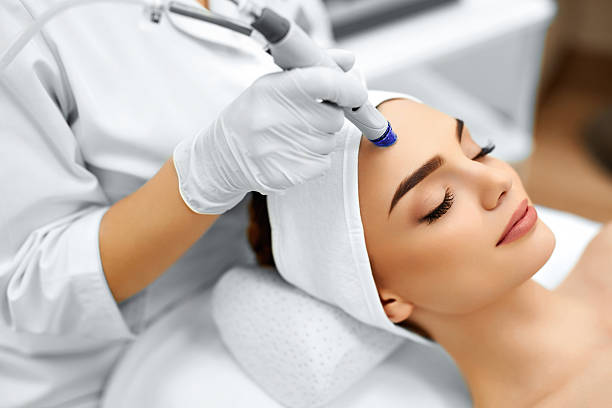Starting HRT
If HRT is suitable for you then we may be able to dispense medication in clinic and get you started on your treatment straight away. There are multiple ways to take HRT and we will discuss your unique case in detail to find the right course of treatment. This may be:
- HRT tablets
- HRT patches
- Transdermal gels, creams and pessaries
- Lubricants – this relieves symptoms of vaginal dryness. This includes oestrogen creams, lubricants and moisturisers.
- Selective serotonin reuptake inhibitors (SSRIs) – these are widely used as antidepressants and anxiety medications that can help control low mood.
- Talking therapy – this can also be used to help with low mood and anxiety
Additional Tests and Treatments
In some instances, it may be necessary to conduct additional tests these may include:
- Testosterone levels
- Smear Tests
- Vaginal Swabs
- Sexual Health Test
- A mammogram or breast ultrasound (referral)
Follow up appointment
During your follow-up appointment, your menopause symptoms will be reviewed by the same Specialist Menopause GP you saw during your initial consultation. This ensures continuity of care and a more personalised treatment approach.
Please note: This appointment is only appropriate if you have already had an initial consultation with one of our Specialist Menopause GPs, and a follow-up has been specifically recommended as part of your care plan.
Understanding menopause
Menopause is a natural stage in a woman's life when she stops having menstrual periods and is no longer able to conceive naturally. It occurs as part of the ageing process and is primarily due to a decline in the body’s production of oestrogen, the hormone responsible for regulating the menstrual cycle. The average age for menopause is around 51, though it can happen anytime between 45 and 55 years old. In some cases, menopause occurs before the age of 40—this is known as premature menopause or premature ovarian insufficiency. As oestrogen levels fall, the ovaries gradually stop releasing eggs each month, leading to the end of menstruation.
Menopause symptoms
Symptoms vary from woman to woman and can also range in severity. Symptoms often begin months or years before menstruation stops and can last for around 4 years post your last period. Some women can also experience them for much longer.
- Hot flushes – sudden feelings of heat, often affecting the face, neck, and chest
- Night sweats – excessive sweating during sleep that may disrupt rest
- Low mood, depression, and anxiety – changes in mood, irritability, or emotional sensitivity
- Insomnia – difficulty falling asleep or staying asleep
- Poor memory and reduced concentration – commonly referred to as "brain fog"
- Vaginal dryness and discomfort during intercourse – due to reduced oestrogen levels
- Decreased libido – a lower interest in sexual activity
Treatment for perimenopause and menopause symptoms
If your symptoms are affecting your day-to-day life, then you can speak to one of our doctors about treatments to help ease the symptoms.
- Hormone replacement therapy (HRT) – this relieves symptoms by replacing oestrogen. Options include tablets, skin patches, gels and implants.
- Lubricants – this relieves symptoms of vaginal dryness. This includes oestrogen creams, lubricants and moisturisers.
- Selective serotonin reuptake inhibitors (SSRIs) – these are widely used as antidepressants and anxiety medications that can help control low mood.
- Talking therapy – this can also be used to help with low mood and anxiety







.png)
.png)
.png)
.png)

.png)